It’s nearly twenty-five years since Ridley Scott’s Gladiator came out and you’ve probably been wondering what happened to the little boy in that film. I know I have. I can’t say it’s kept me up at night, but at the back of my mind it’s always been: where is Lucius, son of Maximus, nowus?
Well, Lucius, son of Maximus, is nowus a strapping lad with thighs of steel who has been forced to become a gladiator and fight for his life just like his pop. This film borrows heavily from the first installment. True, it does have some new elements. It has Paul Mescal, Denzel Washington, monstrous man-eating baboons, sharks, a camp little monkey in a frock and all the historical inaccuracies we’ve come to expect from Scott. What it doesn’t do is bring anything fresh or even vaguely interesting to the table. Compared to the original it is plainly, and disappointingly, not as goodus.
The first Gladiator was hell to make — they were writing it as they went along; Russell Crowe (Maximus) kept storming out. Yet it had a certain magic and energy and, let’s remember, it won five Oscars and proved one of the final hurrahs for two of our last great drunkards (Richard Harris and Oliver Reed).
Narratively, sixteen years have passed since then, and Lucius, son of Maximus, is nowus an adult played by Mescal. Lucius is taciturn, stubbled, brooding and an awesome fighter, also like his pop. He is living in Numidia (Algeria), having been banished there as a boy for his own safety by his mother, Lucilla (Connie Nielsen, reprising her role). The Roman army, led by Marcus Acacius (Pedro Pascal), invades, and a battle ensues and during this battle you’ll be asking yourself the same questions you were asking yourself during all the battles in Scott’s Napoleon. Why is the CGI so awful? Why are the close-ups so muddled that we can’t tell who is doing what to whom?
The end result is that Lucius’s beloved wife is killed while he’s sold into slavery. (Ring any bells?) There’s only one way he can ever be a free man again — and it’s not by serving behind the counter in a department store. He must become a gladiator and fight to the death. (More bells?) At least he’s not intent on avenging his wife’s murder. Sorry, my mistake. Yes, he is.
It feels less like a sequel and more like the first film repeated. Rome is now ruled by a pair of capricious, sadistic, petulant twins (Joseph Quinn and Fred Hechinger), who are essentially Commodus (the character Joaquin Phoenix played) split into two. The only difference is that they have a camp little monkey as a pet. Washington is a slave trader and a canny politician — basically, Reed’s character in the last outing. He steals the show, many will say – he certainly chews the scenery with gusto — but he can’t save the film. The plot is so plodding and the script so cheesy it often made me giggle. (“Rage is your gift. It will carry you to greatness.”)
Also, as I couldn’t locate the film’s emotional core or its moral one — are politicians worse than those who slaughter everyone in their path? — it essentially comes down to watching Lucius slash his way to the top, over and over, and more and more violently, while facing man-sized baboons, marauding rhinos and, once the Colosseum is filled with water, circling sharks. No man has done more to fight off awful CGI.
It will propel Mescal to A-list status. Yet he has little more to do than glower in a manly fashion. I laughed inappropriately on quite a few occasions. It’s not just the script. At one point an eavesdropping spy at court slips back behind a pillar rather too obviously. Everyone laughed at that.
Still, at least we now know what Lucius, son of Maximus, is up to these days. Our minds can now be at restus.
This article was originally published in The Spectator’s UK magazine. Subscribe to the World edition here.



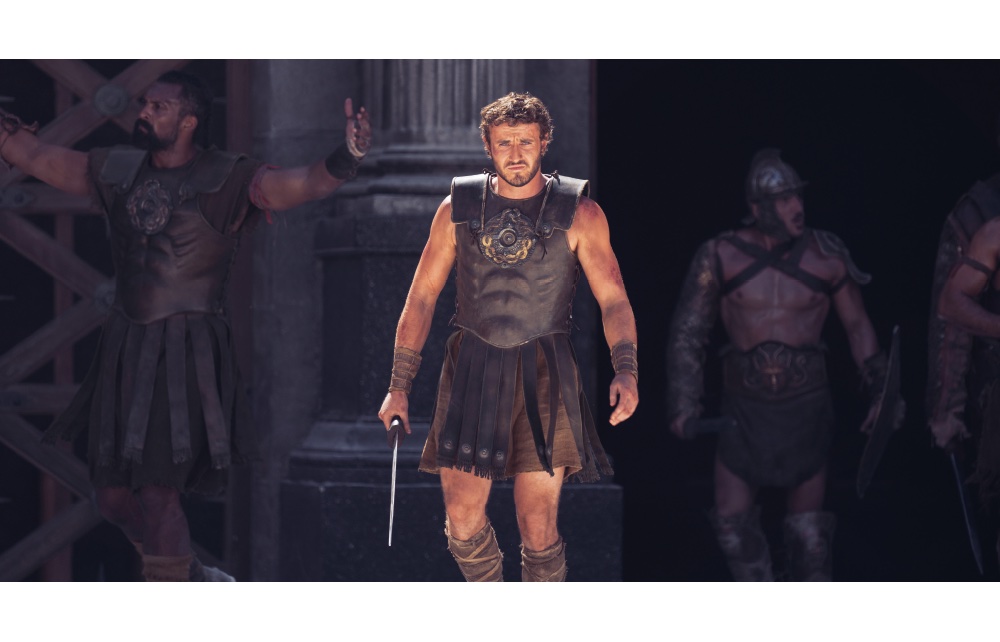



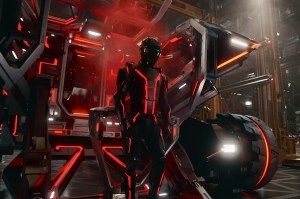

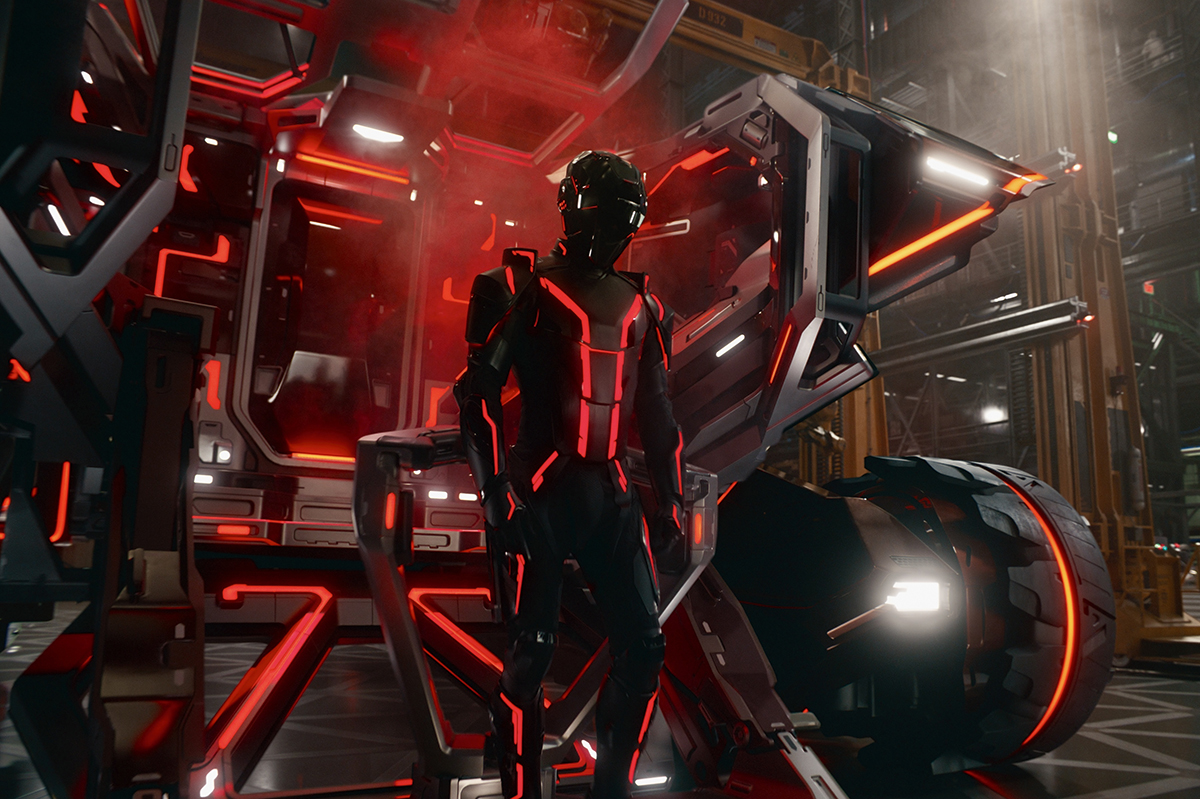
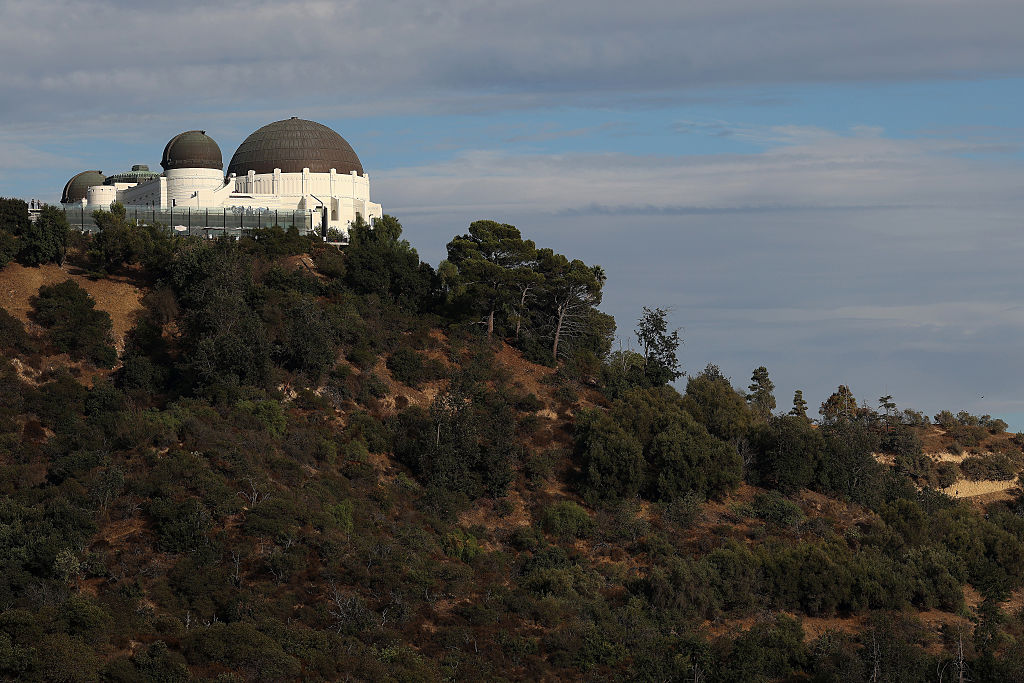

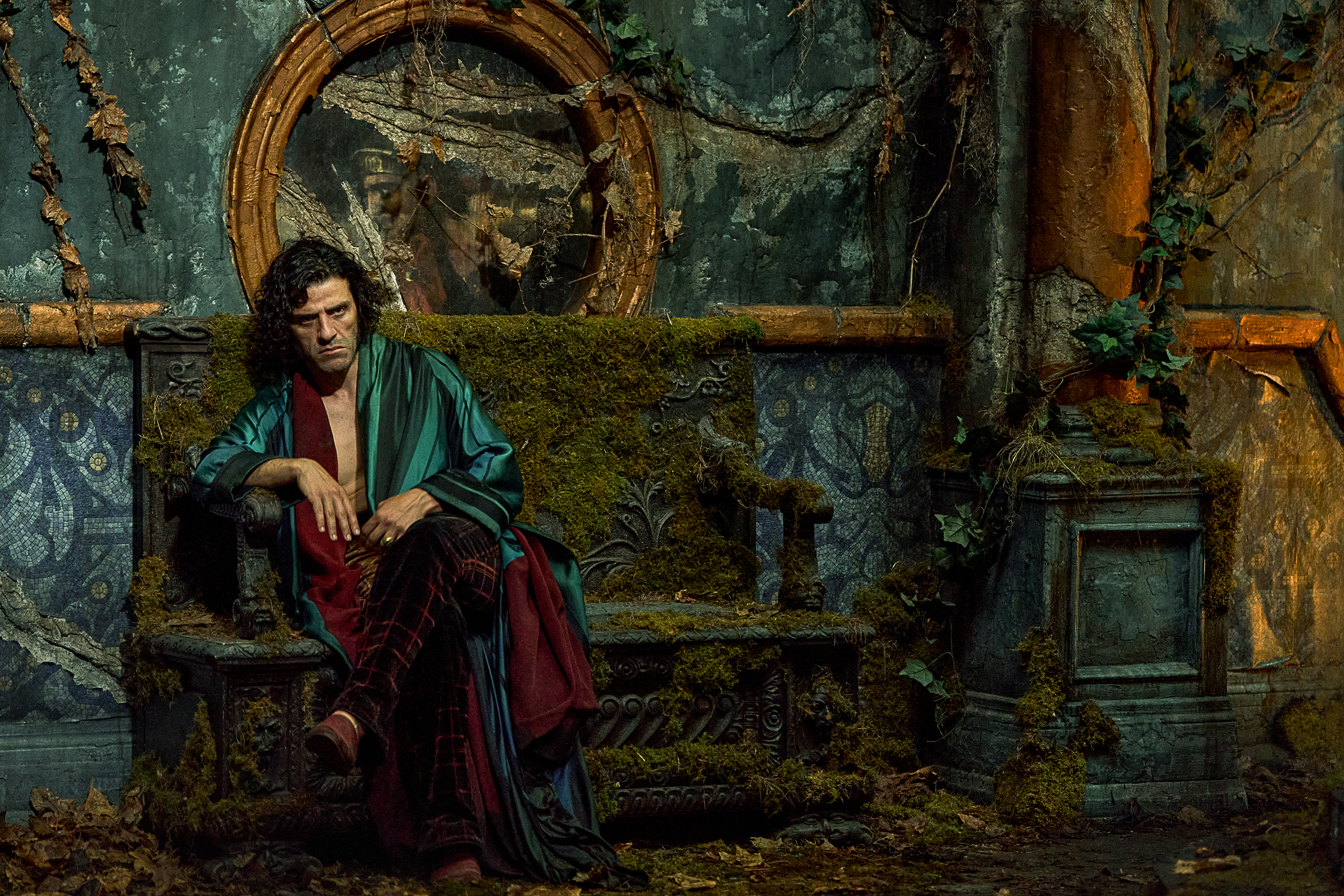

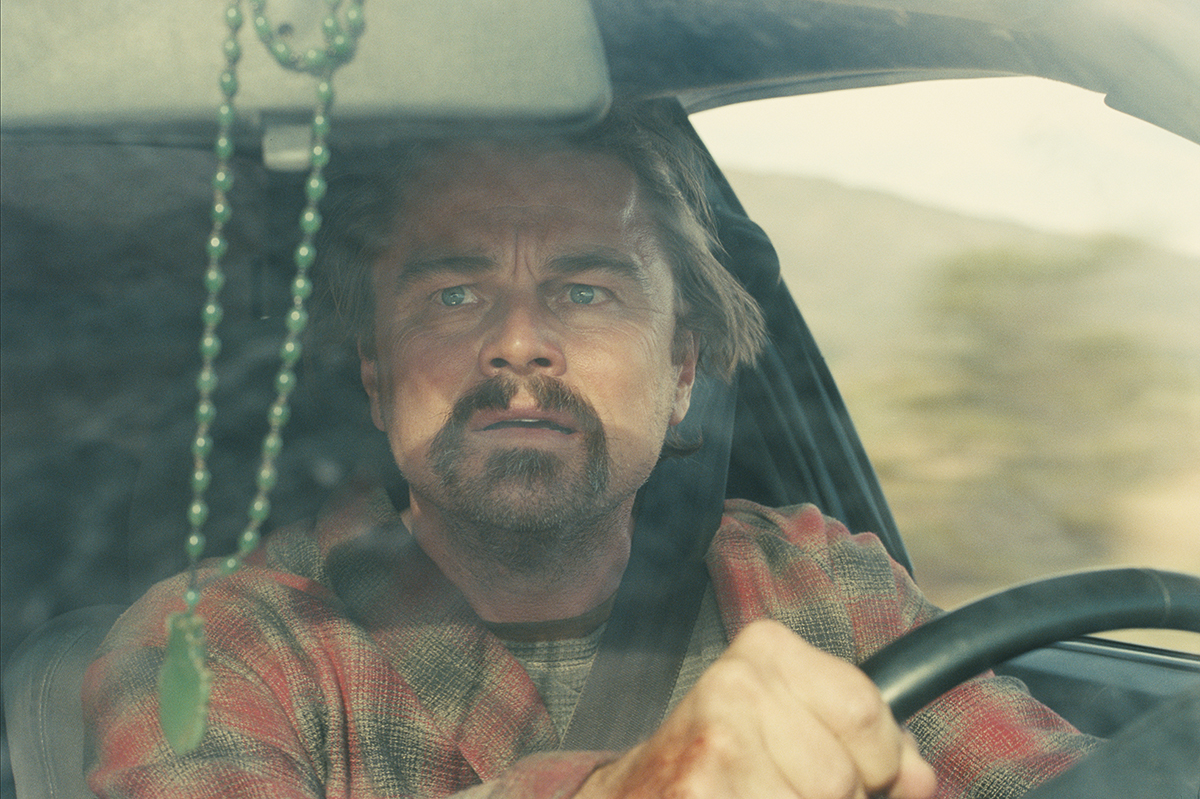







Leave a Reply